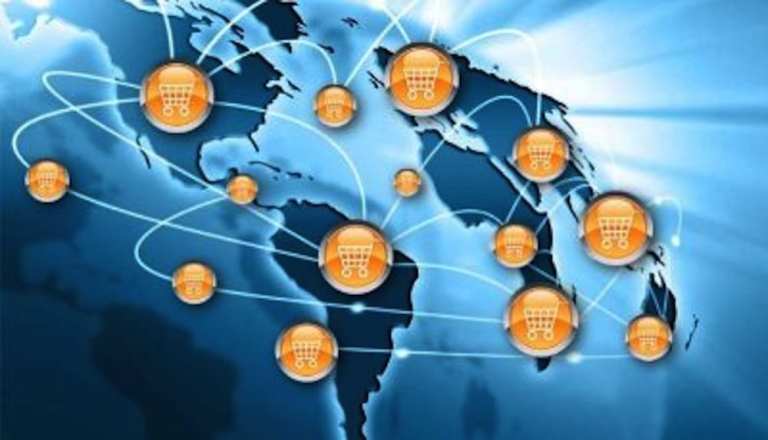dLocal Expands Cross-Border Payments To New Markets

FinTech dLocal, which specializes in cross-border payments for emerging markets, has announced its expanded its payments network to include Indonesia, Ecuador and Bolivia.
The company now supports more than 300 local payment methods in 15 emerging market countries, including the top five emerging markets in the world by population: Brazil, China, India, Indonesia and Mexico.
As a result of dLocal’s recent expansion, merchants wanting to sell in Indonesia will be able to accept online cash payments, credit card payments from Visa, Mastercard, JCB and American Express, e-Wallet payments from OVO and LinkAja, and bank transfers. In additon, merchants selling in Ecuador will be able to support credit and debit card payments from Visa, Mastercard, and credit card payments from Alia, through a partnership with Kushki, a digital payments platform, while merchants in Bolivia can now accept bank transfers in the country.
“Payments infrastructure in LATAM, APAC, and MENA is fragmented and complex,” Sebastian Kanovich, CEO of dLocal, said in a press release. “Companies that enter these markets without the ability to accept locally-relevant payment methods are often unintentionally limiting their reach and hindering their growth. As part of our mission, we develop deep expertise in each local market we serve, and we’re pleased to add Indonesia, Ecuador, and Bolivia to the growing list of countries available to our clients.”
dLocal is the only 360 payments platform designed to handle mass online payments in Latin America and other emerging markets across APAC, Middle East and Africa. As a result of this recent expansion, the total market available to the company’s 450 clients is now at an estimated $140 billion.
In a 2017 interview with PYMNTS, Kanovich spoke about the difficulties of making inroads in emerging markets.
“We’ll go to a country the first time — we hear no. We go back a second time — we hear no,” he said. “For those who decide to go to emerging markets, they are going to be interacting with people who have no idea what you’re talking about. You have to be very patient — and a very good communicator about, ‘these are the merchants I bring, these are the controls we have’ — the education has to be there. Eventually you get a small door in — and that is what you work through.”